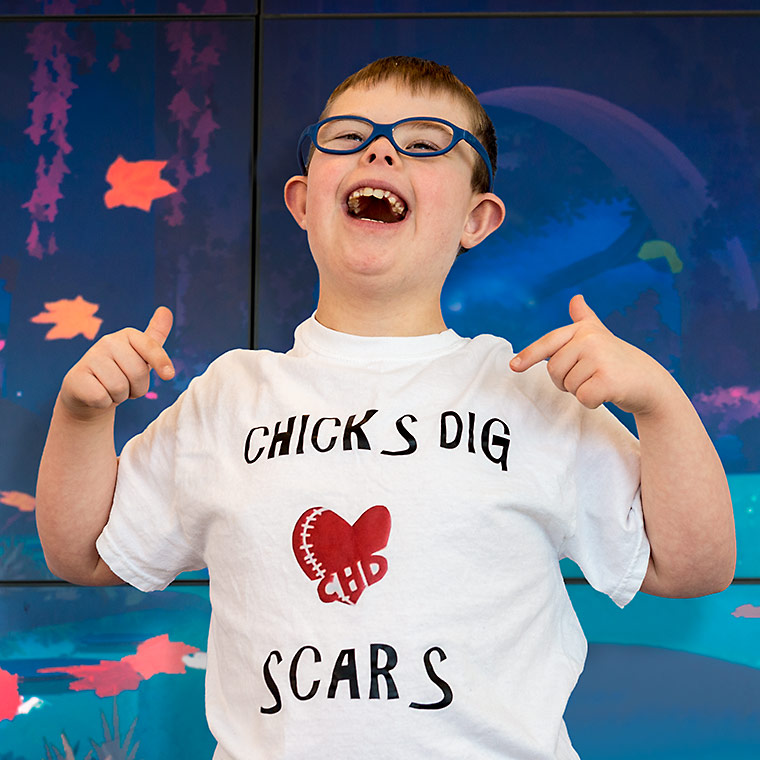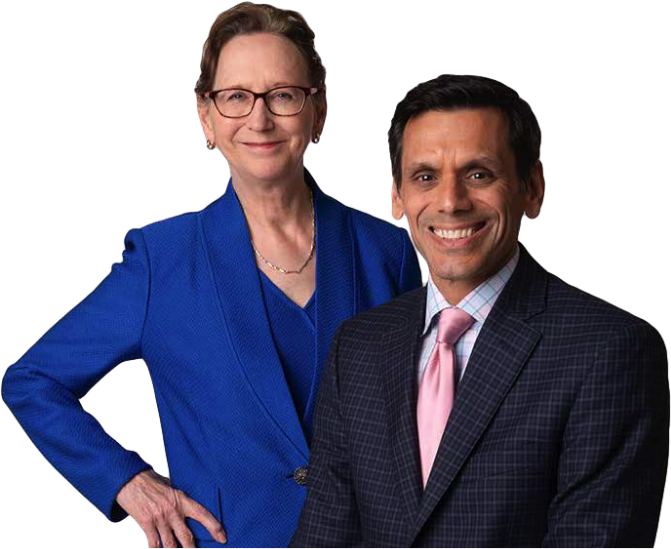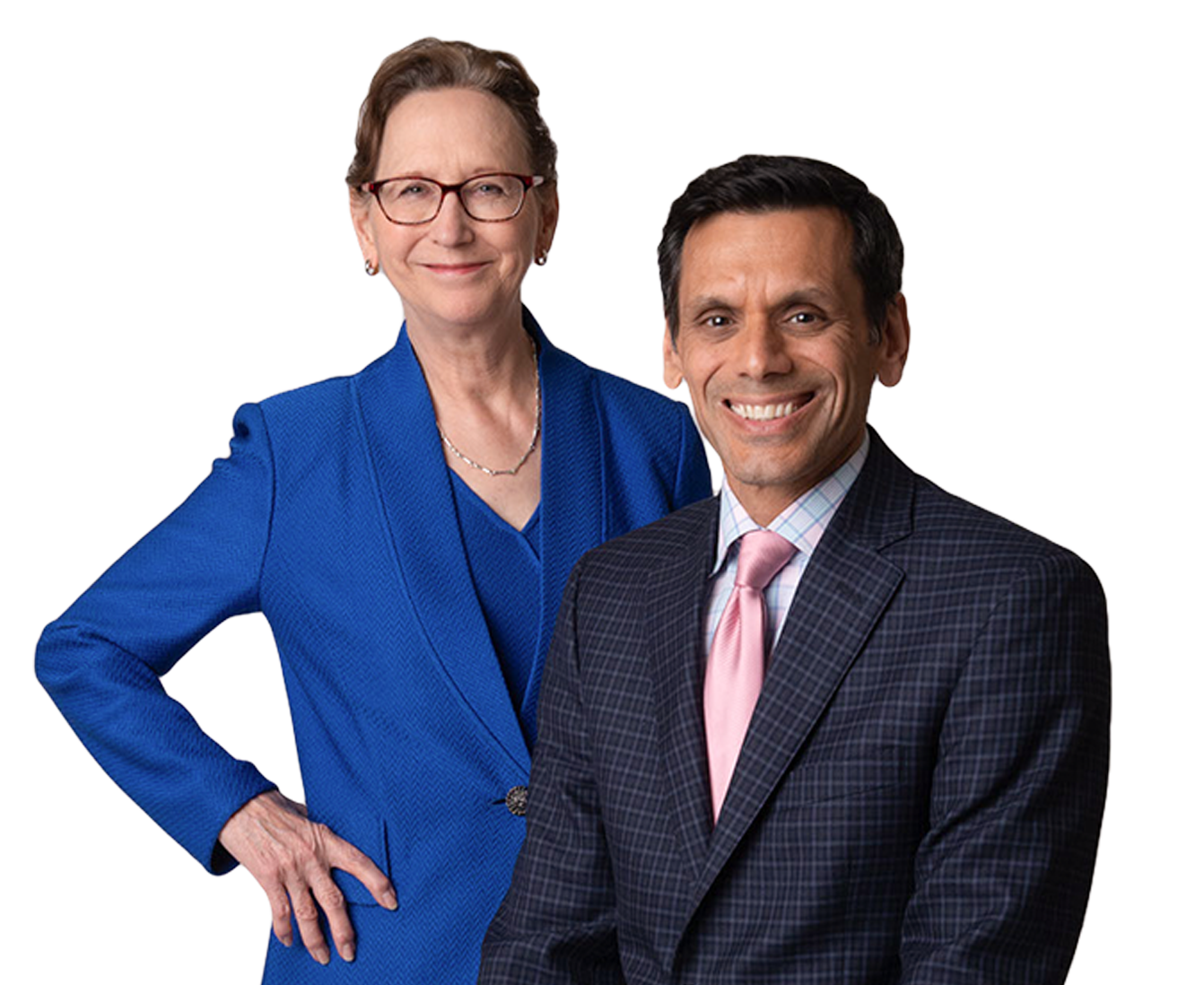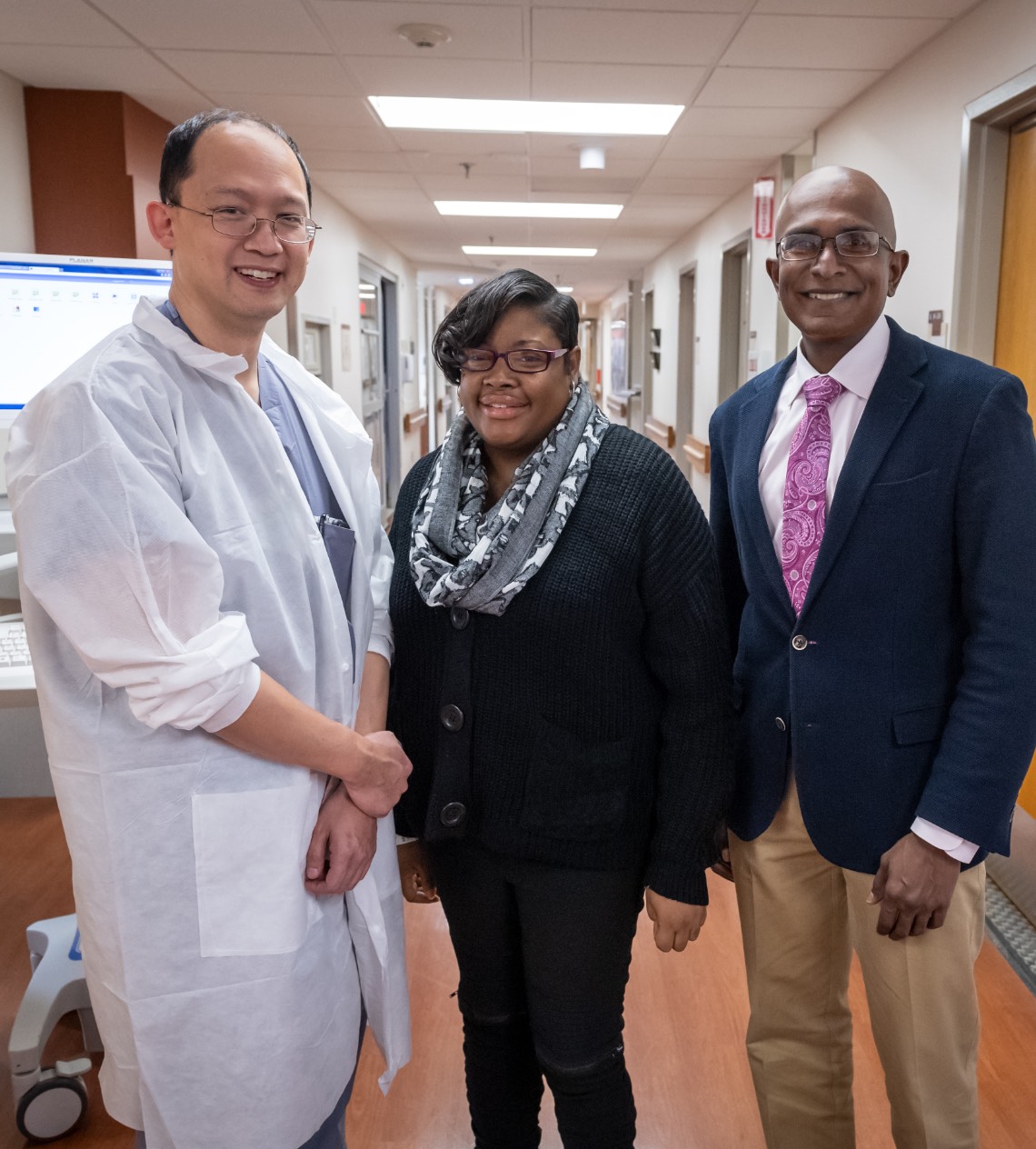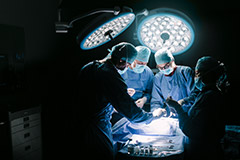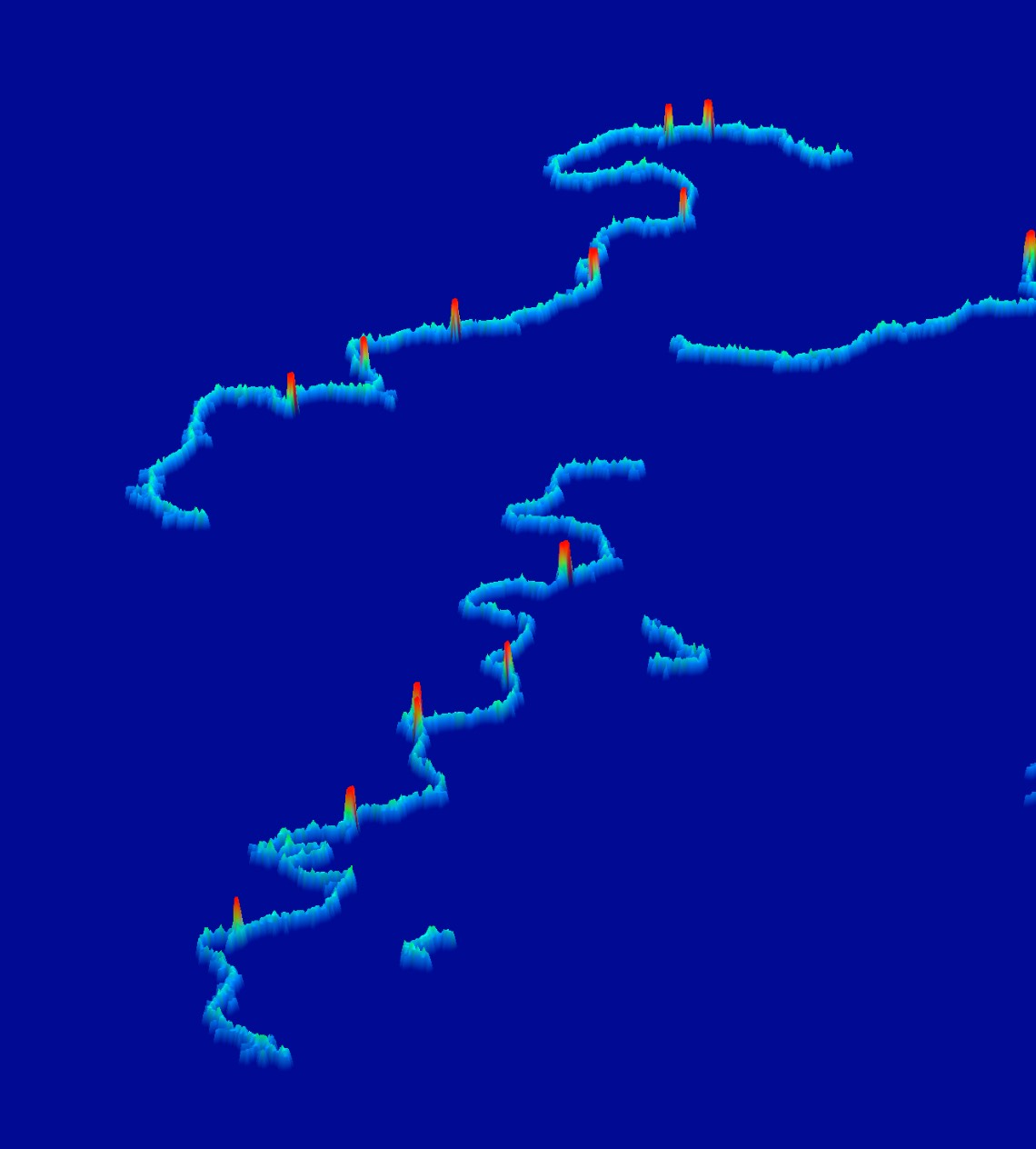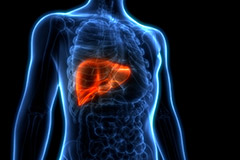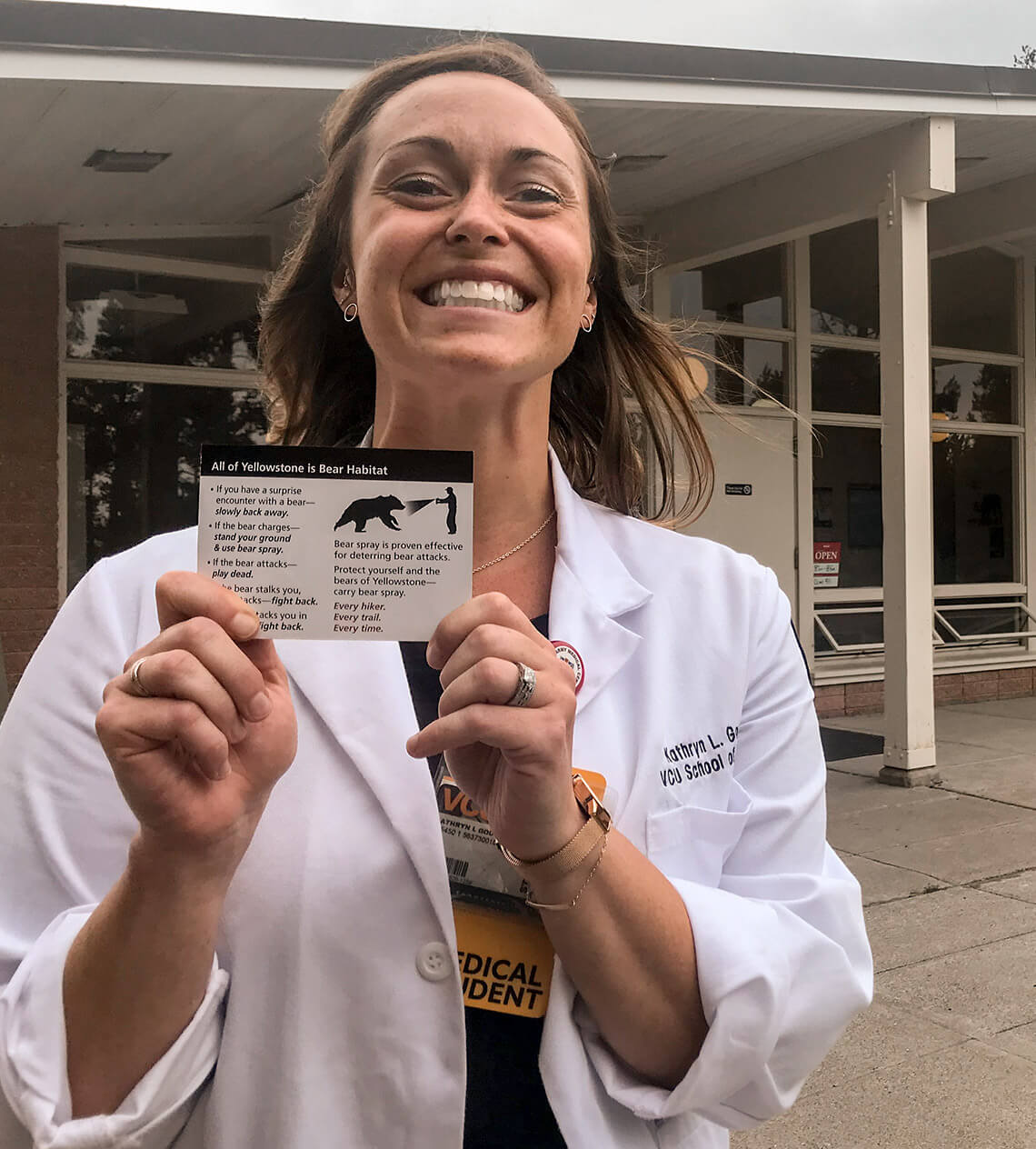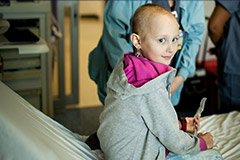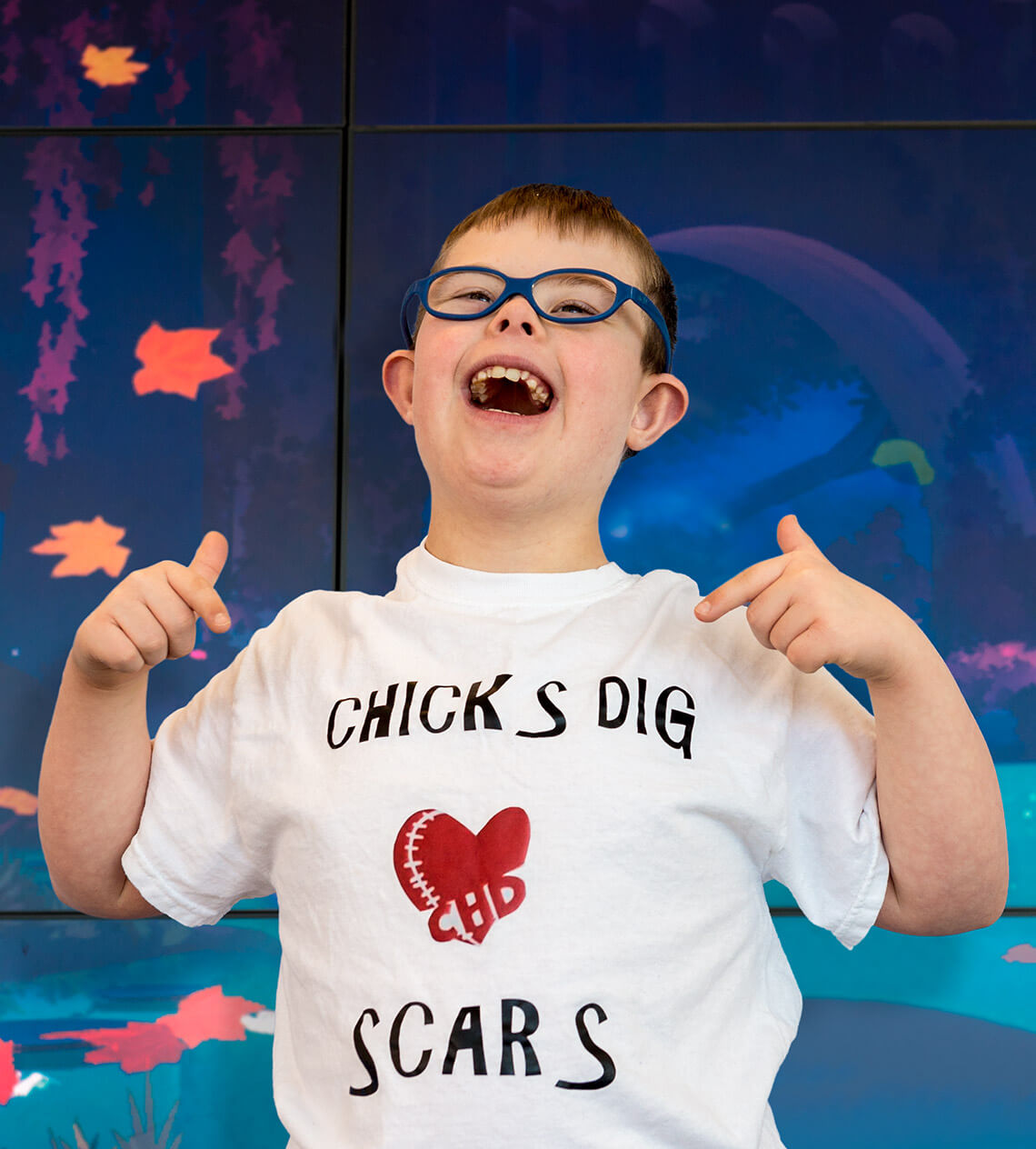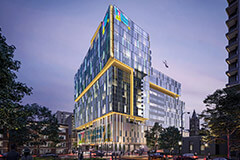In September 2018, Cherron Gilmore sat in a North Carolina hospital and was told, "There's nothing more we can do for you." The 37 year-old mother was in heart failure from postpartum cardiomyopathy, and she was rejected for a transplant for the fourth time. Her last chance was a referral to VCU Health, one of the most active sites in the country for total artificial hearts. Arriving by medevac on Sept. 6, she was in the operating room within four days for a total artificial heart transplant. Three weeks later, a donor heart was located, and Cherron became the VCU Health Pauley Heart Center's 600th heart transplant patient. Today, she's back to being a mom of three. "It just feels like all is okay in the world now."
I never had to look much toward the future. Now I have a future to look forward to."

